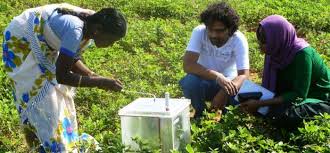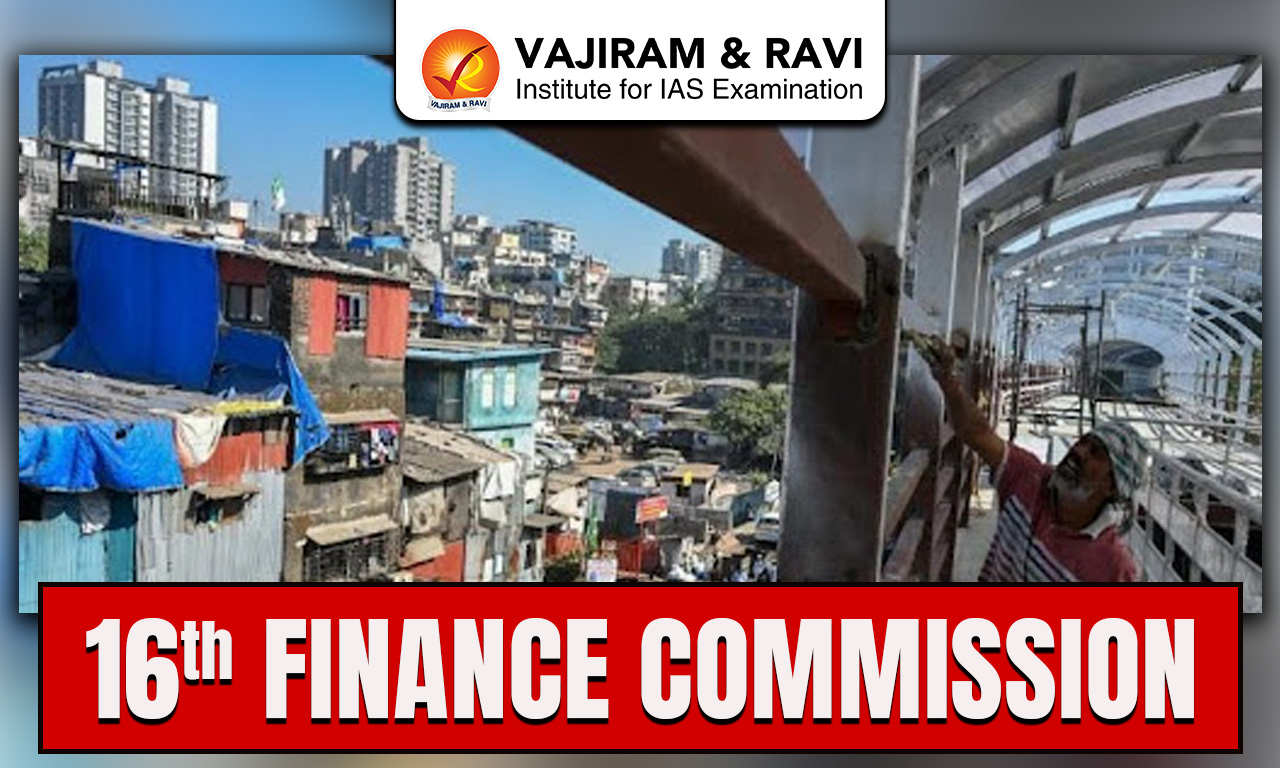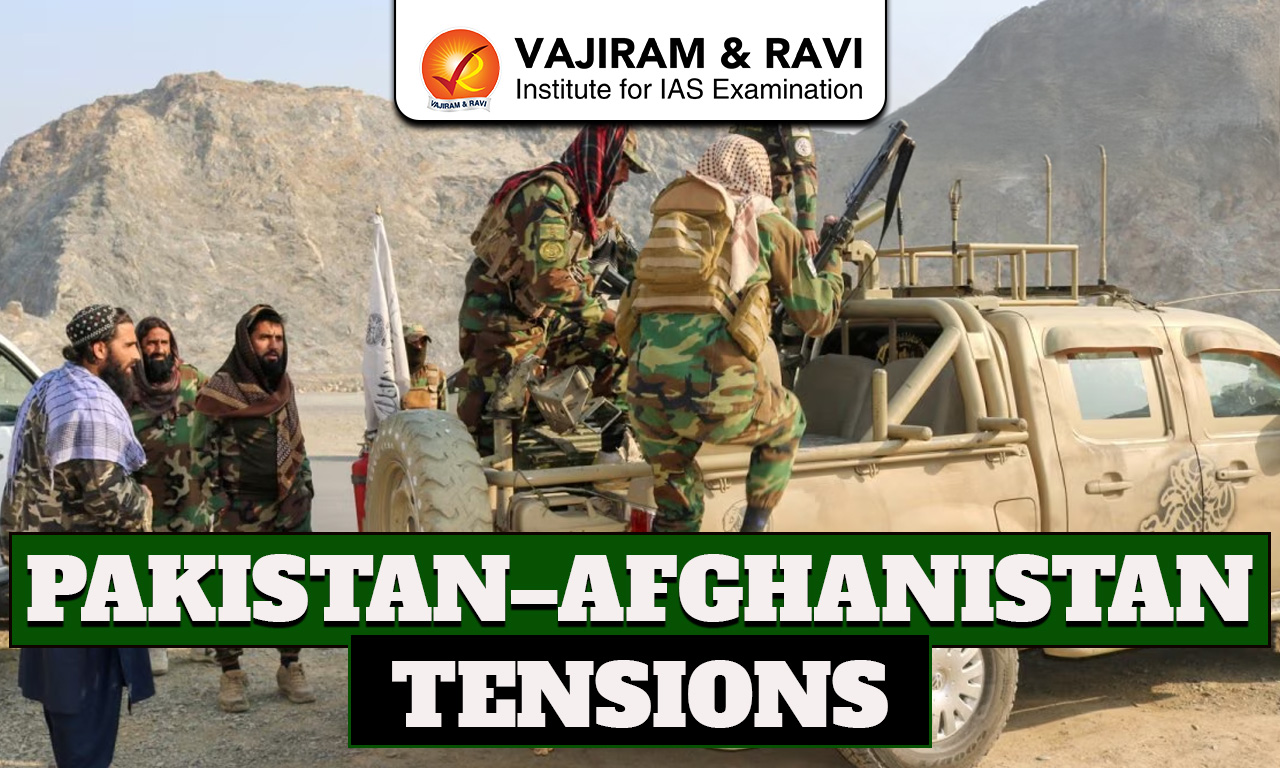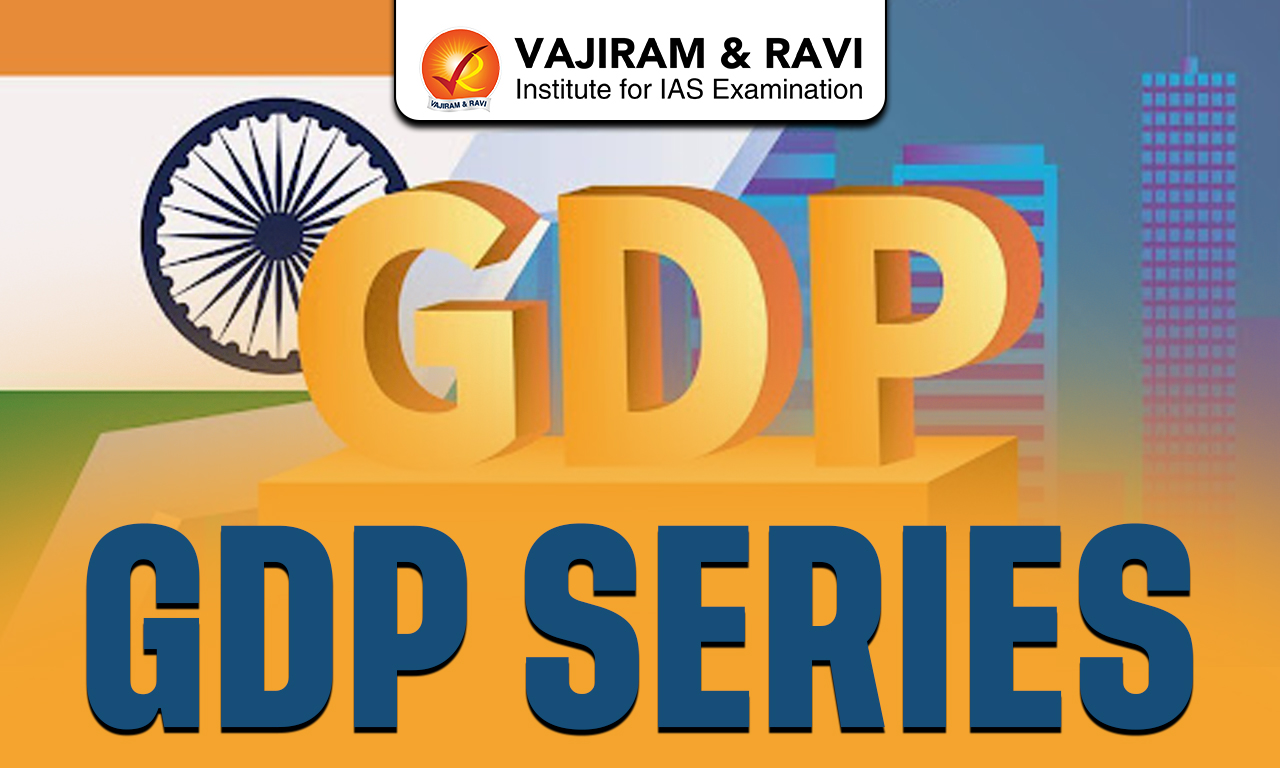What’s in today’s article?
- Why in News?
- What is the Bigger Source of Uncertainty Regarding Wheat Crops in India?
- What is the Way Out to “Beat-the-Heat”?
- What are the Challenges of Advancing the Time of Sowing and Solution?
- What are the Benefits of Developing New Varieties of Wheat by IARI?
- About the IARI and ICAR
Why in News?
- Recently, the Union Agriculture Ministry announced that it had set up a committee to monitor the situation arising from the increase in temperatures and its impact on the current wheat crop.
- This comes even as cereal inflation soared to a record 16.12% year-on-year in January – driven primarily by wheat and atta (flour), and wheat stocks in government godowns hitting the lowest (at 154.44 lakh tonnes) in six years recently.
What is the Bigger Source of Uncertainty Regarding Wheat Crops in India?
- Wheat crop due for harvesting: Last year, a spike in March temperatures when the grains were accumulating starch and proteins, resulted in a significant drop in output as well as government procurement.
- There are fears of a repeat this time, with both maximum and minimum temperatures already 3-5 degrees Celsius above normal in many wheat-growing areas.
- Climate change: Leading to an early onset of summer with hardly any spring break has definitely made India’s wheat crop vulnerable to terminal heat stress during the final grain formation and filling stages.
What is the Way Out to “Beat-the-Heat”?
- The Indian Council of Agricultural Research (ICAR) suggested advancing the time of sowing.
- Wheat is typically a 140-145 days crop planted mostly in November in Punjab, Haryana, Rajasthan and MP (post the harvesting of paddy, cotton and soyabean) and in UP and Bihar (after sugarcane and paddy).
- If sowing can be preponed and taken up from around October 20, the crop isn’t exposed to terminal heat.
What are the Challenges of Advancing the Time of Sowing and Solution?
- The wheat sown before early-November is prone to premature flowering, affecting yields, as the crop does not get enough time for vegetative growth (of roots, stems and leaves).
- The ICAR’s Indian Agricultural Research Institute (IARI) have developed three varieties (HDCSW-18, HD-3410, HD-3385) by incorporating genes that are responsible for the mild vernalisation requirement preventing premature flowering.
- The mild vernalisation requirement is the need for a certain minimum period of low winter temperatures for initiation of flowering.
- IARI has registered HD-3385 with the Protection of Plant Varieties and Farmers’ Rights Authority (PPVFRA) and has also licensed the variety to the DCM Shriram Ltd-owned Bioseed for undertaking multi-location trials and seed multiplication.
What are the Benefits of Developing New Varieties of Wheat by IARI?
- Involving the private sector in commercialisation of publicly-bred crop varieties will benefit farmers through faster adoption and diffusion of technology.
- It is also beneficial for ICAR because our institutes will earn royalty on every kg of seed sold by the licensee, which they can plough back into research.
- The country gains through higher production from climate-smart varieties.
About the IARI and ICAR
- Commonly known as the Pusa Institute, IARI is India’s national institute for agricultural research, education and extension.
- The name Pusa Institute is derived from the fact that the institute was founded in 1905 as the Agricultural Research Institute and College in Pusa, Bihar, with the financial help of Henry Phipps, Jr., an American philanthropist.
- In 1911, it was renamed the Imperial Institute of Agricultural Research, and in 1919, it was renamed the Imperial Agricultural Research Institute.
- The proximity to indigo fields in need of revival after the German synthesis of aniline in 1899 was one of the reasons for constructing it in Pusa, northern Bihar.
- Following a major earthquake in Pusa, it was relocated to Delhi in 1936.
- Post-independence, the institute was renamed the Indian Agricultural Research Institute.
- The current institute in Delhi is financed and administered by the Indian Council of Agricultural Research (ICAR).
- The ICAR is an autonomous body responsible for coordinating agricultural education and research in India.
- It reports to the Department of Agricultural Research and Education, Ministry of Agriculture and the Union Minister of Agriculture serves as its president.
- It is the largest network of agricultural research and education institutes in the world.
- The IARI was responsible for the research leading to the “Green Revolution in India” of the 1970s.
Q.1) What is the biggest challenge faced by wheat crops in India?
Climate change impacts like early onset of summer with hardly any spring break has definitely made India’s wheat crop vulnerable to terminal heat stress during the final grain formation and filling stages. The ICAR suggested advancing the time of sowing, however, wheat sown before early-November is prone to premature flowering.
Q.2) What can be done to make India’s wheat crop climate-smart?
The ICAR’s IARI have developed three varieties (HDCSW-18, HD-3410, HD-3385) by incorporating genes that are responsible for the mild vernalisation requirement preventing premature flowering. The mild vernalisation requirement is the need for a certain minimum period of low winter temperatures for initiation of flowering.
Last updated on February, 2026
→ UPSC Notification 2026 is now out on the official website at upsconline.nic.in.
→ UPSC IFoS Notification 2026 is now out on the official website at upsconline.nic.in.
→ UPSC Calendar 2026 has been released.
→ UPSC Final Result 2025 is expected to be released in the first week of March 2026.
→ Check out the latest UPSC Syllabus 2026 here.
→ Join Vajiram & Ravi’s Interview Guidance Programme for expert help to crack your final UPSC stage.
→ UPSC Mains Result 2025 is now out.
→ UPSC Prelims 2026 will be conducted on 24th May, 2026 & UPSC Mains 2026 will be conducted on 21st August 2026.
→ The UPSC Selection Process is of 3 stages-Prelims, Mains and Interview.
→ Prepare effectively with Vajiram & Ravi’s UPSC Prelims Test Series 2026 featuring full-length mock tests, detailed solutions, and performance analysis.
→ Enroll in Vajiram & Ravi’s UPSC Mains Test Series 2026 for structured answer writing practice, expert evaluation, and exam-oriented feedback.
→ Join Vajiram & Ravi’s Best UPSC Mentorship Program for personalized guidance, strategy planning, and one-to-one support from experienced mentors.
→ Check UPSC Marksheet 2024 Here.
→ UPSC Toppers List 2024 is released now. Shakti Dubey is UPSC AIR 1 2024 Topper.
→ Also check Best UPSC Coaching in India


















